Opinion
Samsung breaks the barrier of Android software rollout
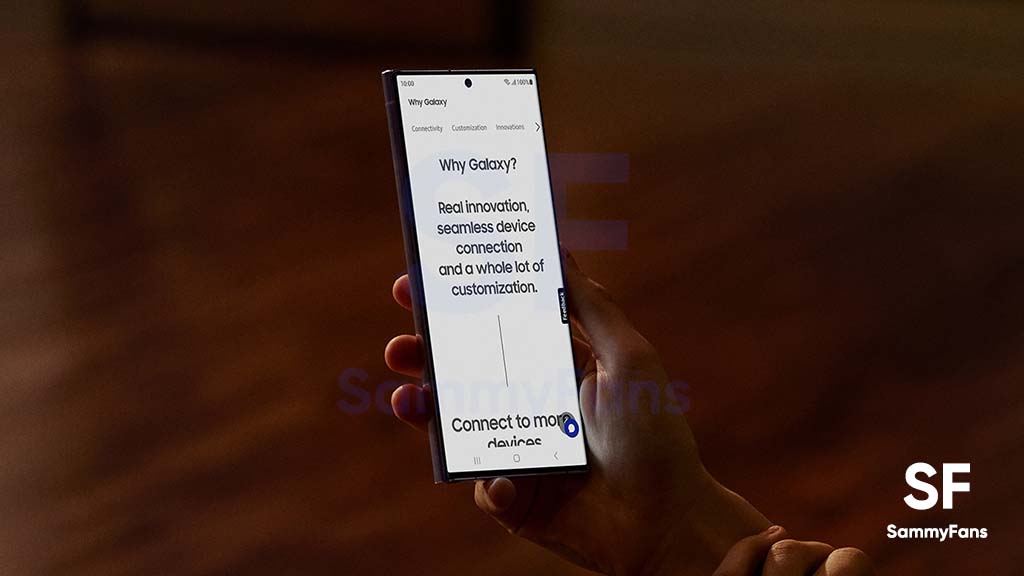
Excellent Galaxy phones aside, Samsung’s incredible software mechanism makes it way better than Google. Samsung managed to greatly adopt Android 13 software for Galaxy by achieving a one-day rollout of One UI 5.0. And it’s not ended yet as Samsung just did the same with One UI 5.1.
Follow our socials → Google News, Telegram, Twitter, Facebook
Without any kind of Beta testing or Early access activity, Samsung deployed One UI 5.1 to a number of Galaxy devices. It’s the second time, Samsung recreated Google’s Android 13 firmware to make user experiences epic for Galaxy users.
The new One UI 5.1 software debuted along with the company’s Galaxy S23 flagship series. It impressively enhances the overall user experience (system animation, visual effects) and brings fruitful new features such as dynamic weather widgets, Bixby Text Call, and battery status widgets.
One UI 5.0 stood amazing and Samsung Galaxy users got another epic software ahead of the Android 14-based One UI 6.0 (tentative name). By giving additional new features on the same Android version twice, Samsung just broke the barrier of the Android software rollout.
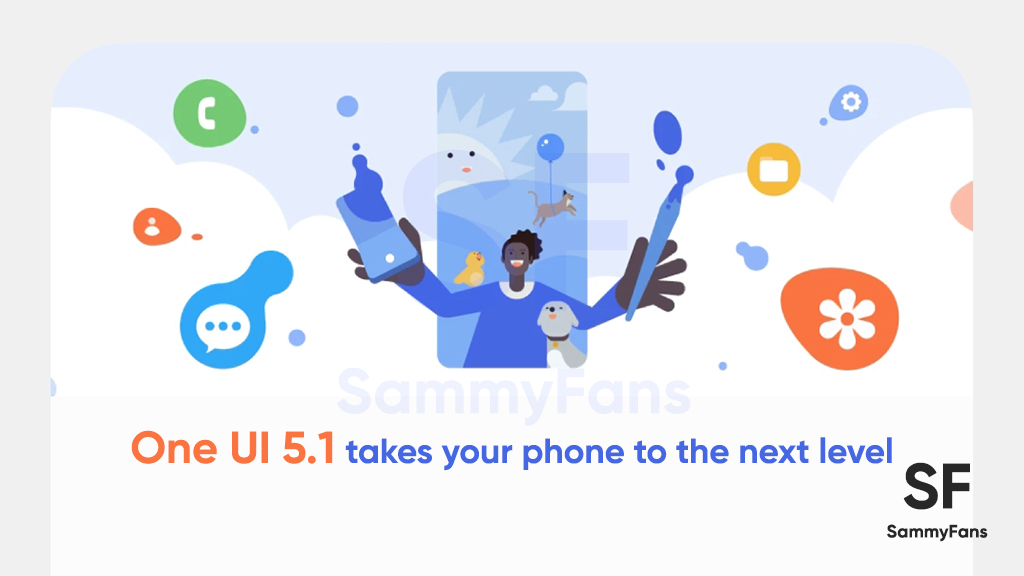
One UI 5.1 is here with some epic stuff!
Google just gives a single Android operating system every year, at the same time, Samsung is introducing three One UI generations. That way, Galaxy users get major improvements as well as new features almost three times a year, oh yes, the One UI 5.1.1 will release also!
In the Android market, Samsung’s rivals except for Google still continue that conventional software rollout strategy. Meanwhile, the Korean tech giant has greatly enhanced its software deployment mechanisms with Android 13 as One UI 5.1 is a most recent example.
Follow our socials → Google News, Telegram, Twitter, Facebook
Samsung took less than two weeks to share the Galaxy S23’s exclusive software with already-sold devices. The Galaxy S23 series was unveiled on February 1st, whereas the One UI 5.1 distribution has begun for a lot of Galaxies on February 13.
Are you impressed with the One UI 5.1 rollout?
Android 14 to release faster
Last year, Samsung revealed that it’s strengthening collaboration with industry giants and partners to boost Android adoption and distribution. This statement came after the Android 13 rollout completion for Galaxy devices, suggesting the massive release of Android 14 this year.
Samsung is the biggest player in the Android market, which has a close collaboration with Google across technology sharing and R&D on artificial intelligence. The company takes solid advantage of its market presence to expand the Android operating system every year.

Quick Flashback
When it comes to security patches, Samsung beats Google every month, with the fastest deployment. It’s been two years since I’m seeing Galaxy devices getting new patches even ahead of the beginning of the month and almost a week ahead of Pixel smartphones.
For the Android OS, Samsung was the first to raise the bar of software updates to four OS on select Galaxy devices. Later, the same strategy was copied by select Chinese phone vendors, as part of the trial of their luck to gather a large portion of the market, compared to the existing.
Opinion
7 Android updates Sweet but Useless for Galaxy Z Flip 6, Z Fold 6

Samsung replicated Google’s promise of Android updates, but the plus point is that mid-range and budget Galaxy phones are eligible for at least four major OS upgrades. The upcoming Galaxy Z Flip 6 and Z Fold 6 will also be honored with 7 major Android updates.
The Korean tech giant offers the longest software update support in the Android industry. Google’s OS update promise starts from the Pixel 8 series. While mid-range and budget Samsung phones get four Android updates, the premium Galaxy Z Flip 6 and Z Fold 6 will get 7.
Earlier this year, Samsung launched the Galaxy S24 series smartphones. The lineup is guaranteed for at least seven OS upgrades. The strategy was earlier expected to be applied to Galaxy A55, but the company kept it limited to the flagship phones.
Samsung doesn’t officially consider Galaxy Z as flagship lineup, but it’s the most premium segment. All the novelties that Galaxy S receives also come to foldable phones. Therefore, it’s certain that the company will support its upcoming Galaxy Z phones for 7 years.
Will they survive 7 years?
Sporting a foldable display entirely ends the discussion of longevity. Besides, the pre-applied screen protection film starts to damage within a year of normal usage. Samsung’s innovative foldables are available internationally but support isn’t.
Samsung Care+ plan is also offered by the phone maker for additional protection. However, it still requires the owner to pay the processing fee, which isn’t considerable. Also, the Care+ plan doesn’t cover the Samsung-slapped screen protector film.
So if the Korean phone maker is willing for longer software support, it should rather offer a two-year replacement guarantee on manufacture defects. It would push consumers to prefer foldable phones as they won’t have to worry about display concerns.

Pre-reserve the next Galaxy and get a $50 Samsung Credit and massive savings. When you pre-order any of the upcoming devices, you will be honored with multiple benefits. You will not only get Instant Samsung Credit but also savings of up to $1500.
Unpacked 2024 ‘Pre-reserve’ ends soon, secure your $50 Samsung Credit
Opinion
Android Updates War: Google’s Game-Changing Move to Outshine Samsung
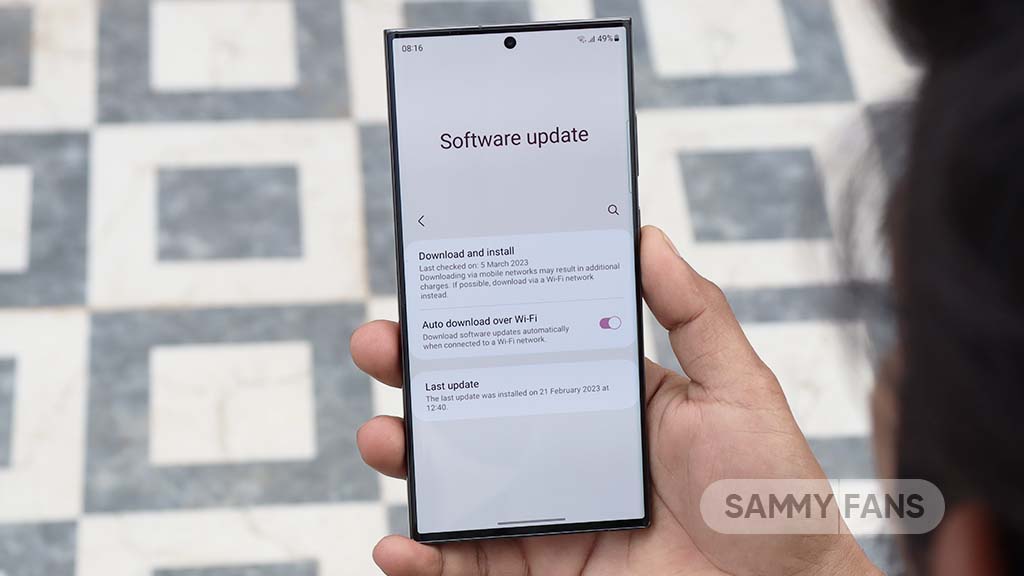
When it comes to Android updates, Samsung is leading the Android world. However, this could be the last day of Samsung’s leadership as Google is expected to double up its current Android updates support for Pixel smartphones launching today.
2020 was a remarkable year in Samsung’s history when the company extended Android updates support from two years to three. A few months later, the company extended the security support as well, totaling it to four years for flagship Galaxy devices.
Follow our socials → Google News | Telegram | X/Twitter | Facebook | WhatsApp
In 2022, Samsung launched the Galaxy S22 series, which offers four generations of OS upgrades. In its announcement, the company listed all flagships launched in 2021 and later along with select Galaxy A series smartphones for 4 OS and 5 years of security patches.
With this decision, the South Korean tech giant surpassed Google’s support policy, which owns Android. To be noted, Tensor-powered Pixel smartphones come with three years of Android and five years of monthly security updates support.
Today, Google will launch the Pixel 8 and Pixel 8 Pro smartphones. And as per the leaks, both phones will offer up to 7 years of software support, surpassing the longest support provided by Apple to its iPhones. Pixel 8 and later might be eligible for 7 major OS upgrades, which sounds a bit confusing.
There are speculations that there will be five major OS versions and 7 years of regular security patches and quarterly Pixel Feature Drops for the latest flagship smartphones. If it happens, it will force other Android vendors to further extend their support.
While Pixel phones are limited to support 3 major OS versions, Samsung is offering 4 generations of OS upgrades to cheaper Galaxy devices that costs approx $249. Samsung won’t take too long to beat Google yet again in terms of software support.
Let’s see, what Google has to offer to the Android world!
Opinion
Here’s why Samsung apps start getting One UI 6 support ahead of official release
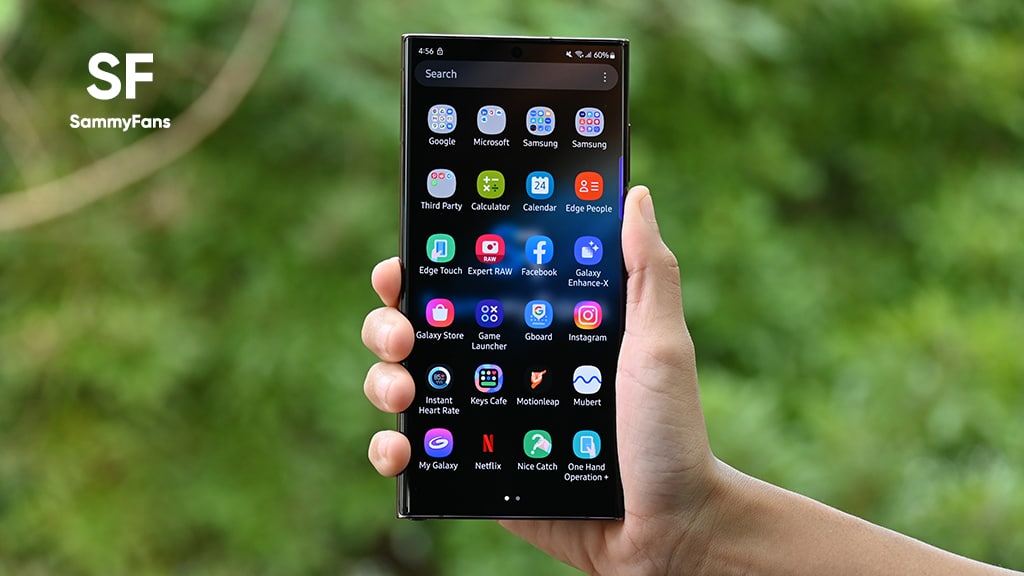
After One UI 5.1, we started hearing a lot of news, leaks, and rumors about the upcoming One UI 6. Recently, Samsung has also started releasing One UI 6.0 support for stock apps, starting with the Calculator app.
Looking at all this, we can expect that Samsung will provide this support to more apps in the future too. But the question is, why is Samsung providing One UI 6.0 support to its stocks apps before the official release? If you are thinking that by getting their support, you will get some new features in your apps, then it is not only the reason.
Samsung One UI 6.0 support can also bring new features for apps, but the main reason for this is something else. But what? The answer is that Samsung is going to release a new One UI update in the coming weeks or months and the company aims to make its stock apps compatible with that accordingly. Once the app is supported, the app will not stop working or get crash whenever the company releases that update for the smartphone.
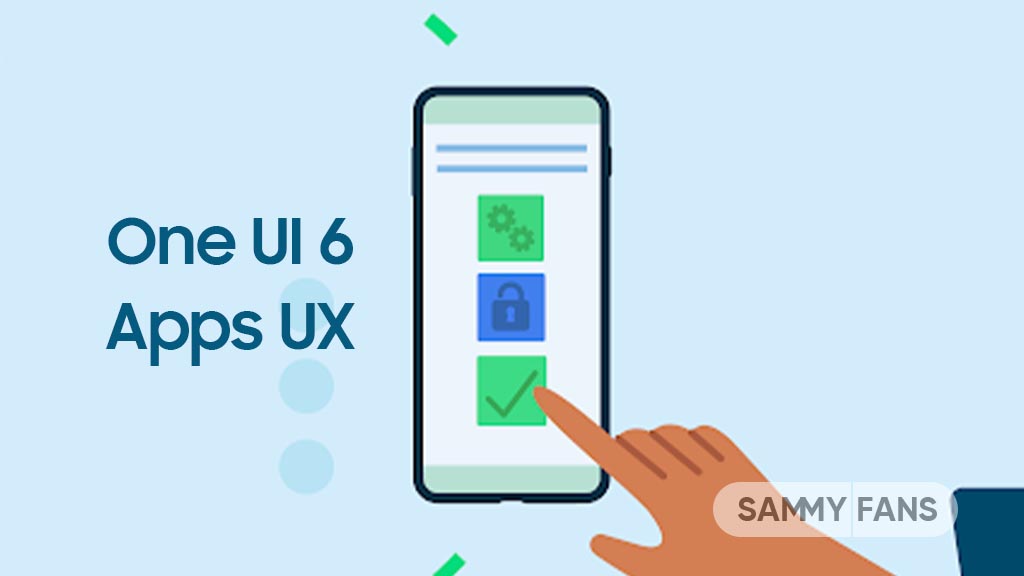
A recent report revealed that Samsung’s stable Android 14 update will be available in October. This is the same time frame as last year’s UI rollout, with the latest Galaxy S lineup being the first to secure it. Meanwhile, beta activity is seeing an early start if everything goes as planned by the internals.
Still, for the time being, we can consider this information as a pinch of salt as the company has not yet announced any official timeline for One UI 6.0.
Samsung confirms One UI 6 and Good Lock features finding underway












